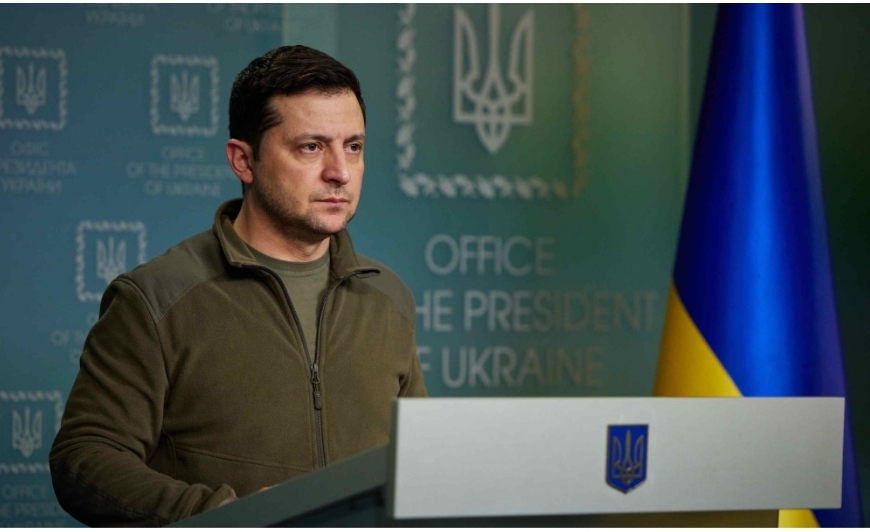Europe shows ‘fatigue’ over Kiev supply

Boris Pistorius,German Defense Minister, acknowledged before a summit of EU defense ministers in Brussels that the EU will miss its previously stated target of supplying Ukraine with 1 million artillery shells and missiles by next March, marking the first such admission by a senior EU minister.
As the latest Israel-Palestine conflict drags on and the Russia-Ukraine conflict reaches a stalemate, coupled with growing divergences within the EU over aid at the cost of squeezing their own budget, Europe is making a shift in its stance and leaning toward negotiation and compromise. This is despite Kiev’s repeated calls for more support on the harsh battlefield, EU officials admitted on Tuesday that they may be failing their promise of providing Ukraine with the ammunition and other support they need.
While reaffirming Europe’s unwavering support for Kiev, EU foreign policy chief Josep Borrell also cast doubt on the goal, amid reservations from multiple members about committing up to $5 billion annually over four years as part of broader Western security commitments to bolster Ukraine’s defences.
Europe is showing “fatigue” over Kiev recently in both its capabilities and public opinions, as the nearly 2-year-old conflict is in deadlock where the West’s desired outcome of defeating Russia seems nowhere near succeeding, while the other goals set for the conflict, such as accelerating NATO’s strategic transformation and warfare exercises, have been largely met.
Therefore, the attitude of the West on the crisis has shown signs of shifting, becoming less radical and less confrontational. This is a transitional phase from the previous stance to a process of negotiation and compromise.
Europe’s support for Ukraine would be further diluted, given not just the sudden outbreak of conflict in the Middle East, but future potential conflicts that the NATO believes may occur in East Asia. So, if we look at the whole picture, the ‘investment’ in Kiev will definitely decrease as they need to prepare for future strategic layouts.
While the level of support may drop, aid to Ukraine will continue and remains the top strategic priority for Europe as the conflict is happening “right at their doorstep,” and they perceive it as a direct and significant threat to European security, experts said.
Therefore, Europe’s support for Ukraine may come more from economic assistance than arms supply, especially after the suspension of Washington’s economic aid to Kiev and the potential further reduction of aid if former US president Donald Trump reclaims power.
The challenge now lies in how to convert the funds into the weapons that Ukraine requires, as it will not be easy to do so given there are only limited countries globally with such production capacity.
Analysts believe that the failed promise of Europe in providing weapons will make the situation even worse for Ukrainian troops, but there will unlikely be any major breakthroughs to change the battlefield situation, as both sides have established comprehensive defence fortifications on the frontlines, and launching an attack would yield few favourable outcomes for either party.



